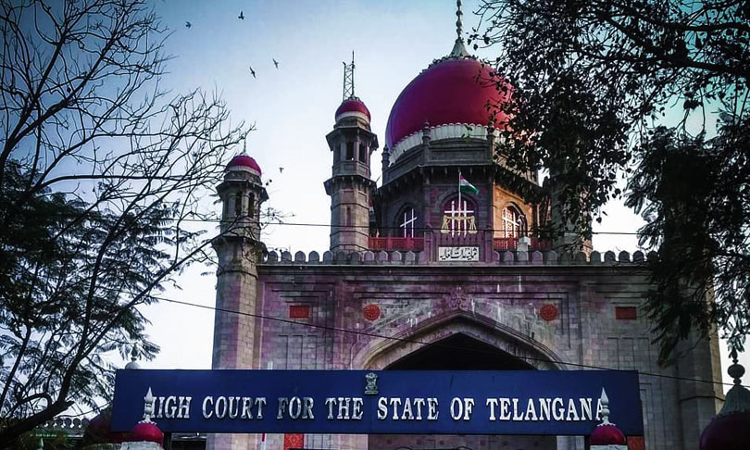The Telangana High Court has underscored that courts must proceed with utmost caution in matters involving persons of unsound mind so that their rights are protected, adding that if a party to a suit alleges that the opposing party is of unsound mind held that the court must conduct a judicial inquiry to determine whether the allegation is true. Justice K. Sujana while referring to Andhra...

